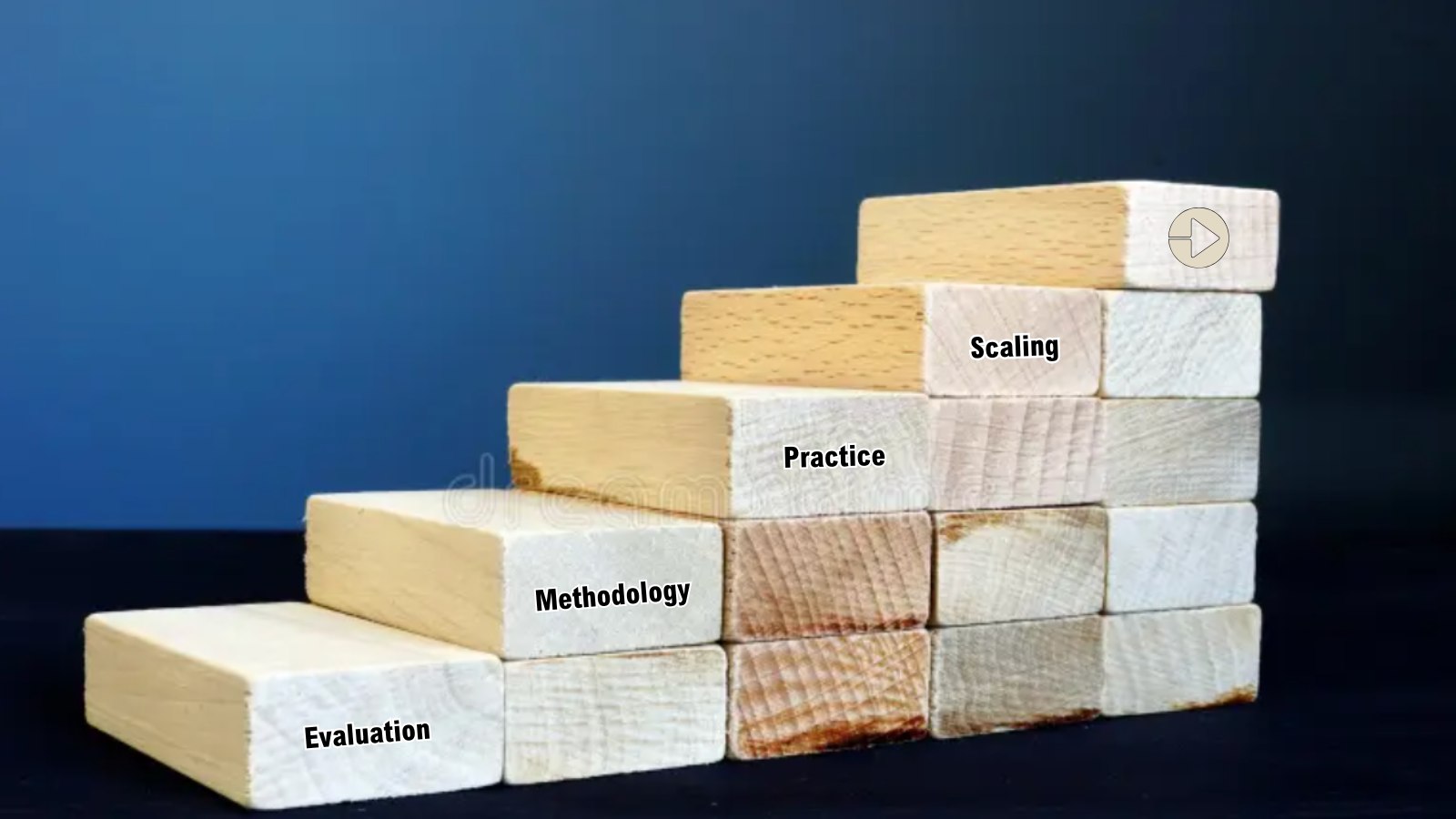What does it mean to conduct international social science research in an ethical manner? Over the course of one project, a research team studying the effects of a public policy or intervention wrestles with a constant stream of questions: Is the intervention or policy ethical? Is it ethical to withhold the intervention or policy from a control group? Can the intervention have adverse spillover effects in the control group or bystanders? Have we adequately considered the welfare, health, and safety of the field team? Of research participants? How will we protect research participant confidentiality? How can we better engage with research participants and balance power? The list is endless. For some questions, there may be no "right" answer, or the "right" answer may depend entirely on context.
To navigate these questions, research teams often rely on two factors: (i) foundational research ethics principles of beneficence, respect for persons, and justice established in the 1979 Belmont Report, and (ii) independent review of research protocols and documentation by an Institutional Review Board (IRB). However, there are gaps.
First, beneficence, respect for persons, and justice are high-level principles without specific rules or requirements, meaning a lot is left open to interpretation by research teams and IRBs. To address this gap, we can turn to a large literature that considers how clinical research ethics requirements can inform social science, including policy equipoise and scarcity, informed consent, fair subject selection, and more, as well as work to define what ethical issues and decisions should be better documented in publications.
Second, there is wide variation among IRBs, which review research materials to assess alignment with these principles and compliance with research regulations, such as the Common Rule in the US. Among the diverse landscape of academic-based, for-hire consulting, internal, and country-based IRBs, not all are equally qualified to review all types of studies. Sometimes international research teams must navigate IRB review by committees that have no local knowledge or context or local IRBs that may require more resources and capacity building to manage their workloads. While there are efforts to strengthen the ethics review process internationally, it remains complex. This highlights the need for researchers to own how they integrate research ethics into the design, implementation, and dissemination of their projects, rather than solely relying on IRBs.
To address these gaps and complement calls for more transparency in researcher decision-making related to ethical issues, we want to help establish common language about the questions we should be asking over the course of a study. To get started, 3ie is launching a blog series in collaboration with Dr. Douglas MacKay, an associate professor of public policy at the University of North Carolina who supports international research efforts like the Transfer Project.
We posed several questions to Dr. MacKay:
How do we leverage scarcity of resources to inform the ethics of withholding treatment from a control group?
How do we assess the state of equipoise – uncertainty regarding the optimal policy – to inform the ethics of withholding treatment from a control group?
What ethical considerations should inform payments to research participants? When is payment considered coercive? When is lack of payment considered exploitation?
Each blog from Dr. MacKay will respond to one of these questions drawing from his expertise in clinical research ethics and public policy research. Then we include our reflections and key takeaways. At the end of this initial series, 3ie will share our proposal for establishing processes for asking better questions throughout the research life cycle to strengthen how we document, monitor, and mitigate risks related to ethical challenges.
So, how do we conduct research in an ethical manner? Just as with any ethical question we face, there may not be one right answer. But asking the right questions early and throughout the research life cycle is the first step. If we don’t, we face many risks, not least of which is creating an ethical debt that likely passes on to research participants, staff, and bystanders.
3ie welcomes engagement from the research community on these and future topics of interest for this series. We already have a long list of questions that we want to tackle over the coming year and welcome your additional questions! Please contact 3ie at TRE@3ieimpact.org with any questions, feedback, or suggestions.
Read the three blogs by Dr. MacKay, along with 3ie's takeaways:








Great stuff and I have been thinking on this a while. A key question for me is that of consent. I am much involved in participatory (action) research and increasingly gender-transformative change interventions. This is vital in my view yet I increasingly feel that merely reading an "ethics statement" at the beginning of a process (we are conducting research on ..., on behalf of ..., do you agree to us taking notes/recording/photos ..., you can leave at any time etc blah) is insufficient.
If we are planning to introduce processes which are specifically designed to change how people relate to each other then surely they need to understand and accept this process. This requires a very different approach to ethical statements etc.
One way forward would be to invite participants (of the same class, work etc) who have been involved in previous transformative change programmes to talk about their experiences with the new target group. This would be alongside deeper and more careful discussions with the target group aiming to ensure that everyone is heard.
I can imagine that this approach risks "losing" the ability to implement gender-conservative change programmes in some communities, but we have to find a way around this.
I would be glad to be put into a mailling list regarding your progress etc.
Best regards